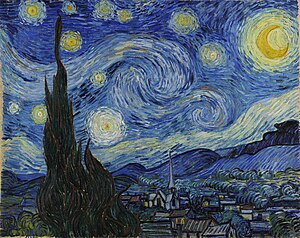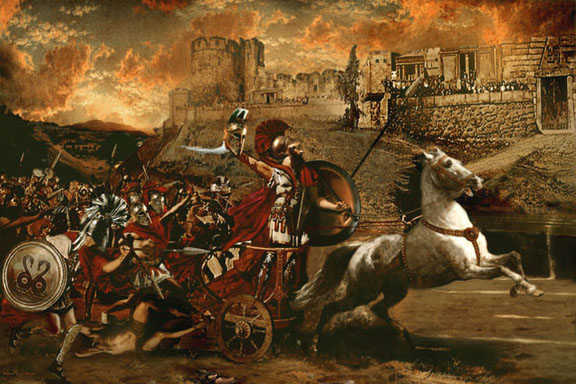Well, November began yesterday and, with it, came NaNoWriMo - 30 days and nights of literary abandon.
I attempted NaNo last year, but didn't get my novel finished, I kind of lost interest half way through but, this year, I'm going to go the way and finish my novel. Whether I choose to publish at the end or not is another story (but one you'll hear about, I'm sure), but, since I'm only 798 words into my 50,000, I won't get too far ahead of myself.
So, what's my novel about?
Like last year, it's based on Greek Mythology, but, this time, I've chosen to base my story on my favorite mythological city of all time: Troy.
My novel will begin with the founding of Sminthium by the party of settlers from Crete, follow the various kings through Trojan genealogy, the building of the city of Troy by Tros and Ilios, the first Trojan War (yes, there were two), the rebuilding of Troy by Priam, the birth of his children, Helen and Paris, the second Trojan War, and the eventual destruction of Troy.
Cover image for my novel on NaNoWriMo
I do confess, the title of my novel is rather unoriginal. I've called it 'TROY' (no, it has nothing to do with that terrible movie!), but, that is just the working title, after all. It may change once the novel is completed.
As my novel is based on mythology rather than history, I have almost completely done away with historical fact. Yes, the ruins of a city were excavated in the place where Troy would have been, but historical 'Troy' bears almost no resemblance to mythological Troy. The picture I've used for my cover image, however, is a picture from the ruins of Troy in Turkey.
If you want to find me on NaNo, I'm jewelsbyers, and you can find a synopsis of my novel and a short extract on my NaNo profile.
I will keep you updated on my progress and, if you want to see how I'm doing, I have two NaNo widgets on the right, underneath my page views. One is my word count widget, and the other is a widget tracking my progress for the month. Hopefully, if I know people are looking at them, it will keep my motivated to finish this year.
Well, I'm off to do some more writing. Wish me luck!
~ Australian Kiwi






















